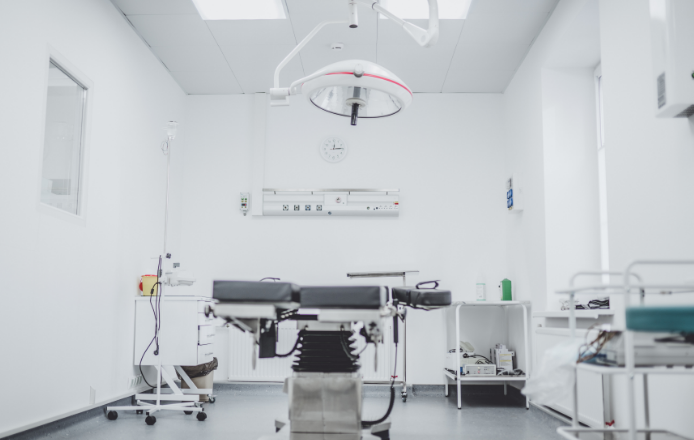-scaled.jpg)
Cuba: Medical Equipment Development Plan for Improving Medical Services in Major Hospitals
In the Republic of Cuba, the mortality rate from non-communicable diseases such as heart disease and cancer exceeds that from infectious diseases, with all four major causes of death being non-communicable diseases.
Among these, cancer has a lifetime incidence risk of 23%, a lifetime mortality risk of 13%, and a 5-year recurrence rate of 984 per 100,000 people, which are higher than the averages in the Latin American region (18%, 10%, and 601, respectively).
The reasons include the aging population and severe shortages and aging of medical equipment nationwide due to financial difficulties caused by a lack of foreign currency, hindering the provision of healthcare services to cancer patients.
In response, the Cuban government requested grant aid and technical cooperation projects from the Japanese government to strengthen the system for early diagnosis and treatment of cancer and promote the digitization of radiographic images.
We were commissioned by the Japan International Cooperation Agency (JICA) to conduct a survey and analysis of Cuba’s cancer policies and systems, disease structure including cancer, future patient demand, and the status of medical service provision and equipment operation and maintenance at 35 major hospitals nationwide (ultimately 34 hospitals). Based on this, we formulated a grant aid project plan for medical equipment development.
Additionally, we conducted a detailed planning survey for the technical cooperation project, formulating plans with the aim of achieving synergy between the grant aid’s soft components (technical support) and the technical cooperation project.
Based on the survey results, after the exchange of notes (E/N) between the Japanese and Cuban governments and the signing of the grant agreement (G/A) between JICA and the Cuban government, we managed the procurement and installation of medical equipment, provided daily maintenance guidance, and supervised manufacturer training and regular inspections.
Key Success Points
Fostering Understanding of Grant Aid Projects
During the survey stage, we provided detailed explanations of the mechanisms and processes, incorporating examples to gain understanding and agreement.
In the implementation stage, we provided close support to the client, gaining trust and successfully completing the project.
We believe our knowledge and experience from implementing projects in over 100 countries were utilized.
Efficient Survey Covering a Wide Area
To efficiently and effectively move between the 34 locations (35 surveyed) and conduct operations within the required period, we collaborated with reliable local partners and organized schedules based on local conditions.
In overseas projects, local partners are key to success, and we believe our extensive global network was an asset.
Promoting Digitization Under Limited Conditions
At the start of the survey, internet connectivity was very limited even in the capital, Havana, and many rural areas had no mobile phone coverage. Digitizing hospitals required knowledge of medical information systems and network infrastructure. Based on our knowledge and experience in supporting the introduction of medical information systems in Japan, we were able to plan and implement the project according to local conditions, contributing to the digitization of hospitals.
Contact Us
Service

Advisory Services
READ MORE
Hospital Project PM/CM
READ MORE
ODA projects
READ MORE
Entering Healthcare Business (Overseas)
READ MORE
Hospital Reconstruction/New Construction
READ MORE
Procurement, Renewal, and Management of Medical Equipment
READ MORE
the Implementation of Medical Information Systems (ICT)
READ MORE
Revenue Improvement
READ MORE
Accreditation of Hospital Functionality
READ MORE
Mid-term planning
READ MORE
Surveys and Analyses
READ MORE
